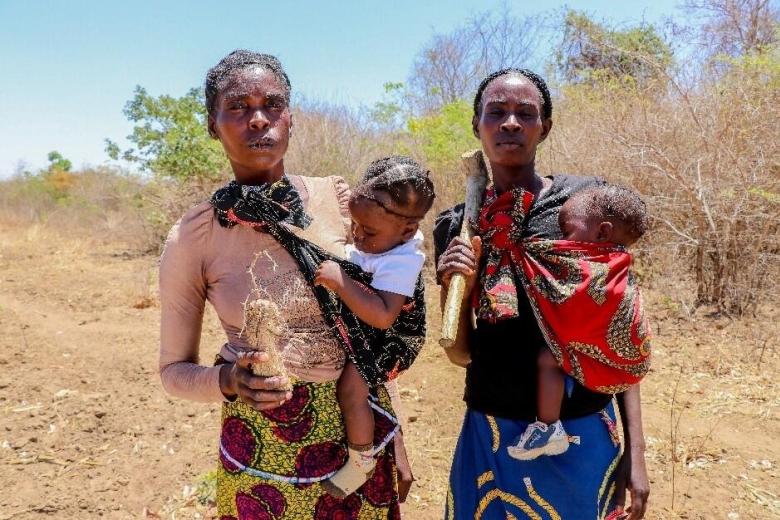
This year on World Health Day, the World Health Organization asks “Are we able to reimagine a world where clean air, water and food are available to all?". Climate variability, particularly temperature increases, frequent droughts, rainfall variability and unpredictability, and changes in carbon dioxide levels, means that agricultural production is facing an unprecedented challenge to meet the needs of a growing global population. With a child dying from malnutrition-related causes every 11 seconds, it is particularly concerning to hear projections of a 20 per cent increase in hunger and malnutrition by 2050, if we don’t act to improve planetary health now. With more than 2 billion people suffering from micronutrient deficiencies, losing nutrients in our food is not something we can afford to see. Women also face the most significant physical and mental burden of ensuring the nutritional wellbeing and health of their families. This relationship between planetary health and human health is complex, but the cost of inaction is serious.
Invest in stronger communities
When you give where most needed, you’ll help provide things like healthcare, safety, food, clean water and more to vulnerable children and families around the world. It’s a powerful way to help fight poverty and hunger, and give hope to those in need.


